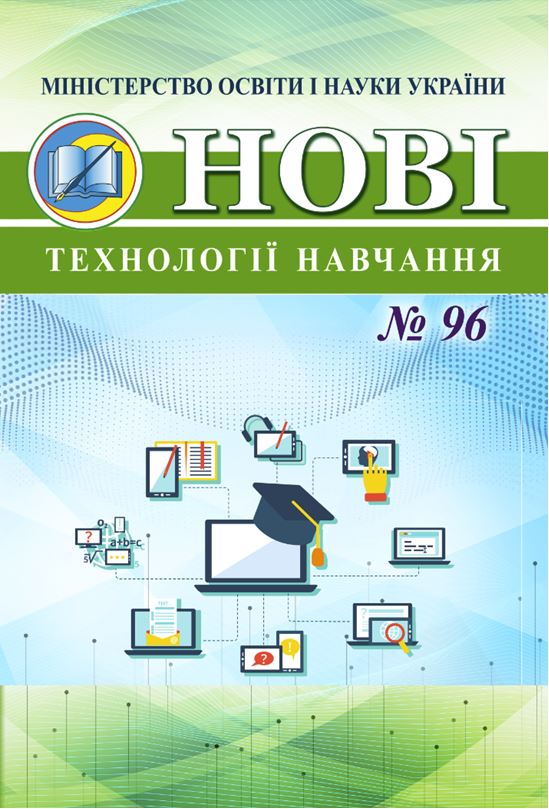Innovative learning technology as a condition for achieving optimization of education results of children primary school
DOI:
https://doi.org/10.52256/2710-3560.2022.96.17Keywords:
innovations, innovative learning technologies, knowledge paradigm, competence approach, competence, primary schoolAbstract
The article focused on research and search for effective conditions for the implementation of innovative learning technologies in primary school. The definitions of «innovation» and «initiative» are analyzed. The components and functions for the effective implementation of innovative learning technologies within the competence approach were studied and the components of the difference between the knowledge paradigm and competence are indicated. The periods of increasing the educational success of schoolchildren in the period from 1993-2017 are identified. and compared with the conditions that could have contributed to this. The importance and role of innovative learning technologies in the development of student learning success in secondary schools of Ukraine are clarified. Online learning and digitalization as the newest directions of innovation in education are outlined. The functions of innovative learning technologies that they must implement in the educational process for the successful implementation of educational goals are described. The current innovative learning technologies used in primary school are analyzed, including interactive learning technologies, personality-oriented authorial technologies, etc .. The practical significance of the study lies in the possibility of using the results in the scientific and methodological support of the educational process in secondary schools. The relevance of the study of innovative technologies of teaching junior high school students as an important condition for optimizing the quality of education is proved.
Downloads
Published
How to Cite
Issue
Section
License
Copyright (c) 2023 Таміла Майструк

This work is licensed under a Creative Commons Attribution-NonCommercial-ShareAlike 4.0 International License.
Із зазначенням авторства - Некомерційна - Розповсюдження на тих самих умовах 4.0 (CC Attribution-NonCommercial-ShareAlike 4.0)









